Every year on 24 March World TB Day is observed across the world. The theme for World TB Day 2023 is “Yes, we can end TB”. The purpose of observing this day is to raise public awareness of the harmful health, social and economic effects of tuberculosis (TB) and to intensify efforts to end the TB outbreak worldwide. The significance of the date can be traced back to Dr Robert Koch’s announcement in 1882 of Mycobacterium tuberculosis, the microbe responsible for TB, which laid the foundation for the detection and management of the disease. He was awarded the Nobel Prize in Physiology or Medicine in 1905 for his work in the field of tuberculosis (TB).
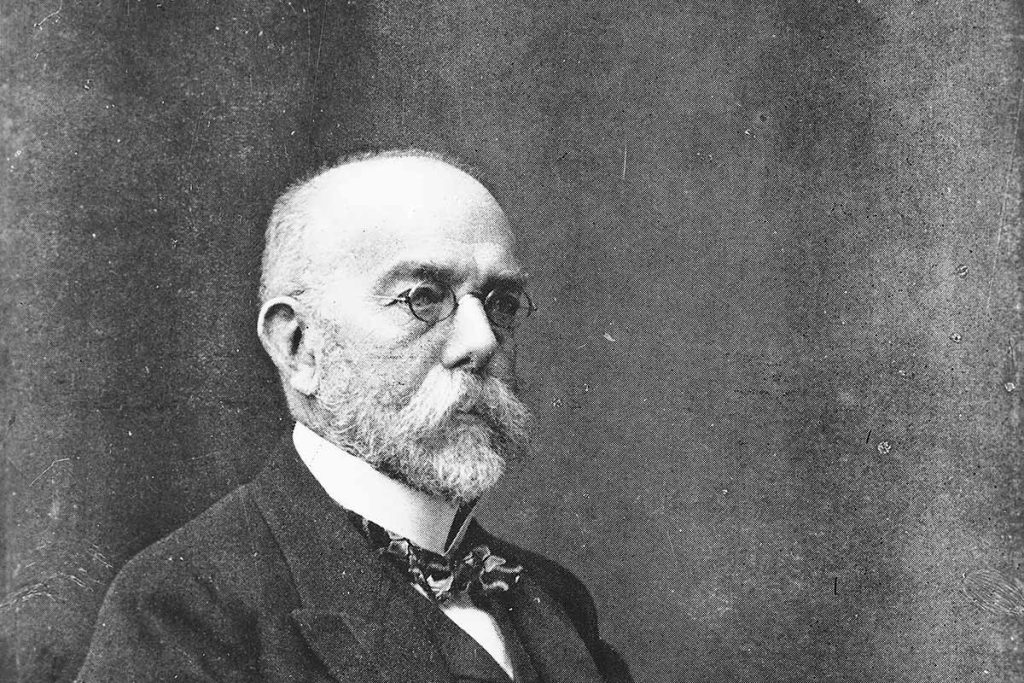
Tuberculosis (TB) is a bacterial infection. Transmission of TB occurs mainly through the air when an infected person coughs, sneezes or talks. Although TB primarily affects the lungs, it can also damage other parts of the body, including the brain, kidneys, spine etc. TB remains a major public health issue worldwide, particularly in low- and middle-income countries. Many people are unaware of what TB is until they experience it themselves.
Despite being treatable and curable, TB remains a stigmatized disease that can lead to fear and judgment from others. TB is often associated with poverty, homelessness, and drug use, which further contribute to its stigma. TB as a stigmatized disease is one that we all should talk about as many of us have either experienced it personally or know someone who has. In doing so, we can gain a better understanding of the disease and develop empathy for those affected by it.
Understanding the Root of Stigma
Despite being one of the oldest diseases known to humanity, TB remains unconquered. Additionally, the stigma surrounding the disease is so strong that individuals affected by it often fear disclosing their diagnosis due to potential negative reactions from others. Misinformation and a lack of awareness about the disease are prevalent, leading to a lack of understanding of its nature and progression.
Throughout history, tuberculosis has been regarded as a disease that affects poor and marginalized communities, particularly those residing in slums. The associated stigma surrounding TB may be attributed to a lack of information, as fear often arises when one is unfamiliar with a topic, ultimately reinforcing negative perceptions.
Stigma is a social phenomenon that refers to negative attitudes, beliefs, and behaviour towards a particular group or individual. In the case of TB patients, fear of contagion and misconceptions about the disease can lead to stigma. These misconceptions may include beliefs that TB is a punishment for immoral behaviour or that it is highly contagious and spreads easily.
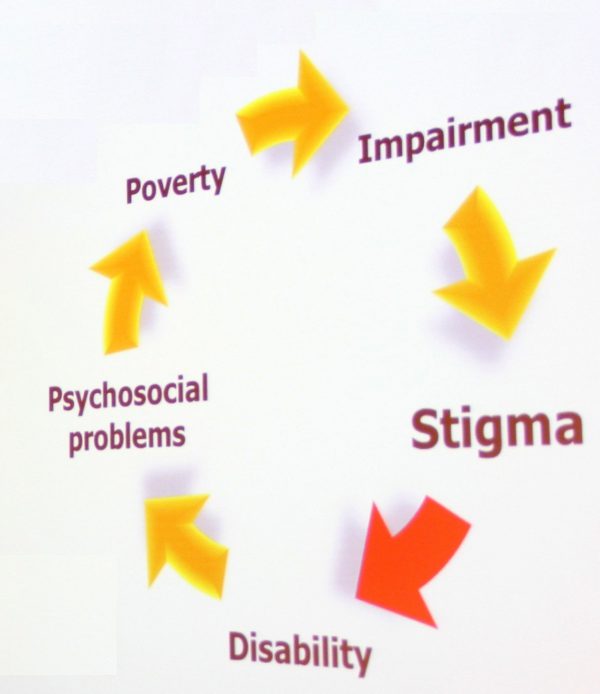
The Harmful Consequences of Stigmatization
Unfortunately, the resulting stigma can have a detrimental effect on the treatment and care of individuals with TB. In addition, stress can have a negative effect on the immune system.
Stigma can have a significant impact on TB patients, leading to feelings of shame, isolation, and discrimination. It can also discourage individuals from seeking medical treatment and support, which can ultimately lead to worsened health outcomes and increased transmission of the disease. Furthermore, the negative societal attitudes towards TB can perpetuate structural inequalities, making it harder for marginalized individuals to access quality health care.
Strategies to Combat Stigma and Support TB Patients
Combating stigma requires a multi-pronged approach that includes education, advocacy and empathy. Raising awareness about the realities of TB and dispelling myths can help change people’s perceptions and reduce fear. TB patients need to be supported in their journey towards recovery, and health professionals must be trained to provide non-judgmental and compassionate care. Additionally, communities must be mobilized to advocate for policies that promote health equity and access to care for all individuals, regardless of their socioeconomic status.
Access to health care can be a significant challenge for those affected by TB. To address this issue, it is crucial to raise awareness and encourage community involvement in the fight against TB. Supporting TB treatment is vital, as patients are an integral part of the family unit. Therefore, it is essential to engage people in national campaigns to combat this disease.

Many people are unaware that after two weeks of treatment, a person with pulmonary TB is usually no longer infectious for the most part. It is important to dispel the myths surrounding tuberculosis and recognize it as a treatable disease. Raising awareness about preventative measures, such as wearing masks, is crucial to prevent its spread. Those in close proximity to patients should be understanding and provide care and support.
After all, as human beings, we all seek sensitivity, empathy and understanding from others, and TB patients are no exception. Overcoming societal stigmas and eliminating the negative associations attached to the disease is an important step in effectively addressing tuberculosis.
Conclusion
TB as a Stigmatized Disease is a complex issue that requires a collective effort to address. Compassion, understanding and education are essential to combating negative attitudes towards TB and building a society that values the health and well-being of all individuals. By supporting and empowering TB patients, we can ensure they receive the care and respect they deserve, and ultimately, help eliminate the burden of this preventable and curable disease.
It isn’t until we experience this type of stigma firsthand that we truly understand its devastating effects on society. This issue needs to be addressed globally. By addressing the stigma surrounding TB, we can improve the lives of millions of people affected by the disease and get closer to achieving global health equity.
Let’s unite and combat this together.
Read more
24 March is World Tuberculosis Day


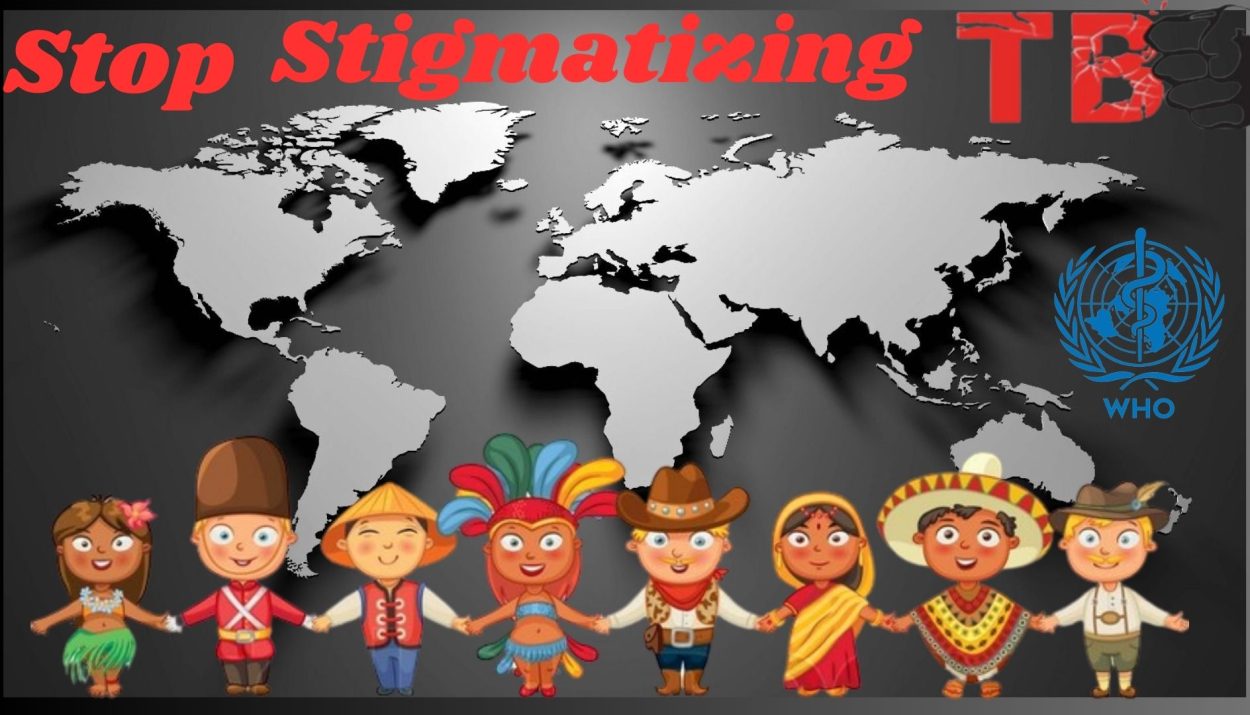



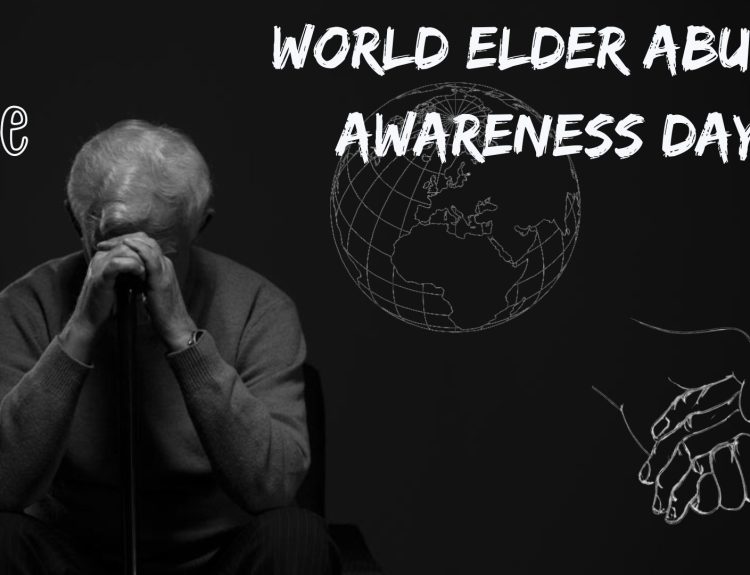
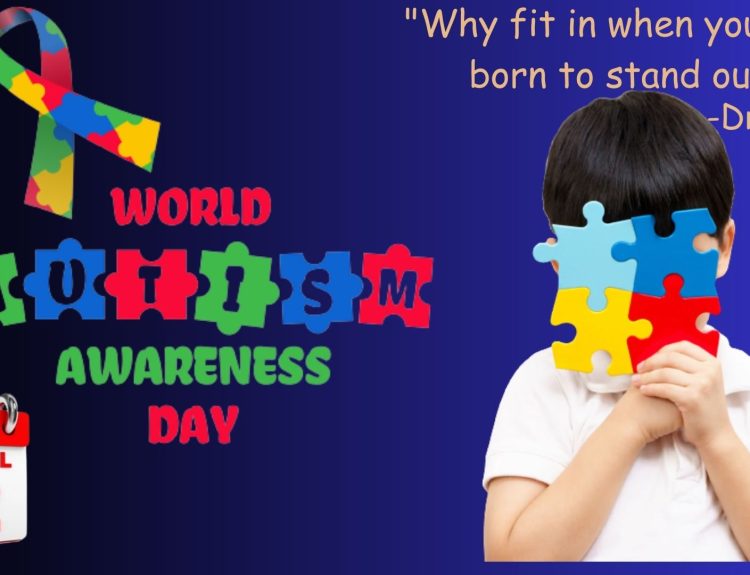
1 Comment
Chris Andrade
5 months agoThis was beautiful Admin. Thank you for your reflections.